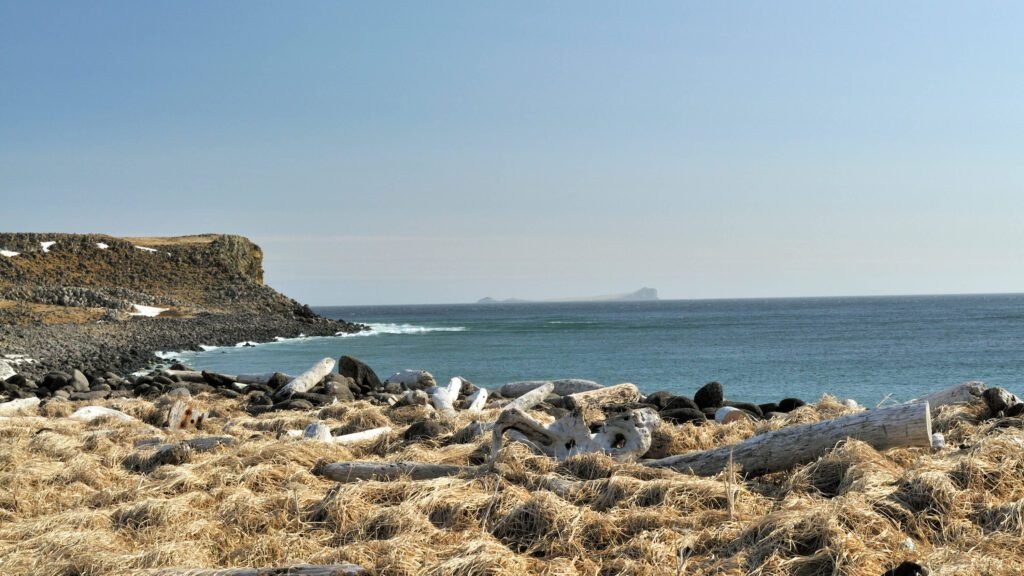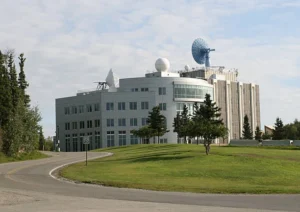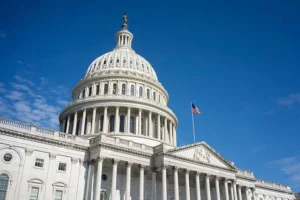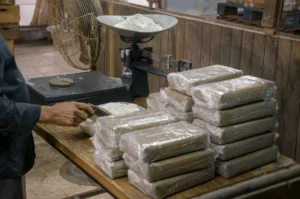St. Paul Island, Alaska, is on high alert after a resident reported a potential rat sighting last June. The island’s remote community takes rodent threats seriously, given its rich wildlife and 300 recorded bird species.
Lauren Divine, director of the Aleut Community’s ecosystem conservation office, emphasizes the importance of maintaining a rodent-free environment. “We’re responsible forever to protect our island,” she says. “A single rat can decimate our wildlife populations.”
Divine’s team swiftly responded to the report, scouring the resident’s apartment complex for signs of rat activity. They set traps baited with peanut butter and used black lights to detect glowing droppings.
Vigilant Surveillance and Prevention
Tribal President John Melovidov hopes the sighting was a false alarm but acknowledges the community must take precautions. “We’re crossing our fingers,” he says. Melovidov recalls only three rat sightings in his 30-plus years on the island.
St. Paul Island has a long-standing surveillance program, focusing on the airport and harbor areas where cargo ships and planes arrive. “Our main concerns are the harbor and airport,” Melovidov explains.
The last confirmed rat sighting was in 2019, and it took nearly a year to locate the rodent. Divine stresses the importance of persistent vigilance, citing the high eradication costs. Conservation efforts on the island are rigorous. Dogs have been federally prohibited since 1976 to protect northern fur seals.
In response to the recent sighting, Melovidov seeks permission to bring a canine detection team from the U.S. Department of Agriculture to assist in the search. “This will cost around $12,000,” he says. “We hope to get this done by November, or possibly spring.”
The community remains vigilant, knowing the stakes are high. Divine says, “Biosecurity vigilance isn’t cheap, but eradication costs would be infinitely higher.”
St. Paul Island’s dedication to remaining Rodent-Free St. Paul Island is unwavering. The community’s swift response to potential rat sightings ensures the protection of its unique wildlife.
Maintaining a Rodent-Free St. Paul Island requires ongoing effort and resources. However, the benefits to conservation and the local ecosystem make it a worthwhile investment.
This news story was originally published by Alaska’s News Source.











